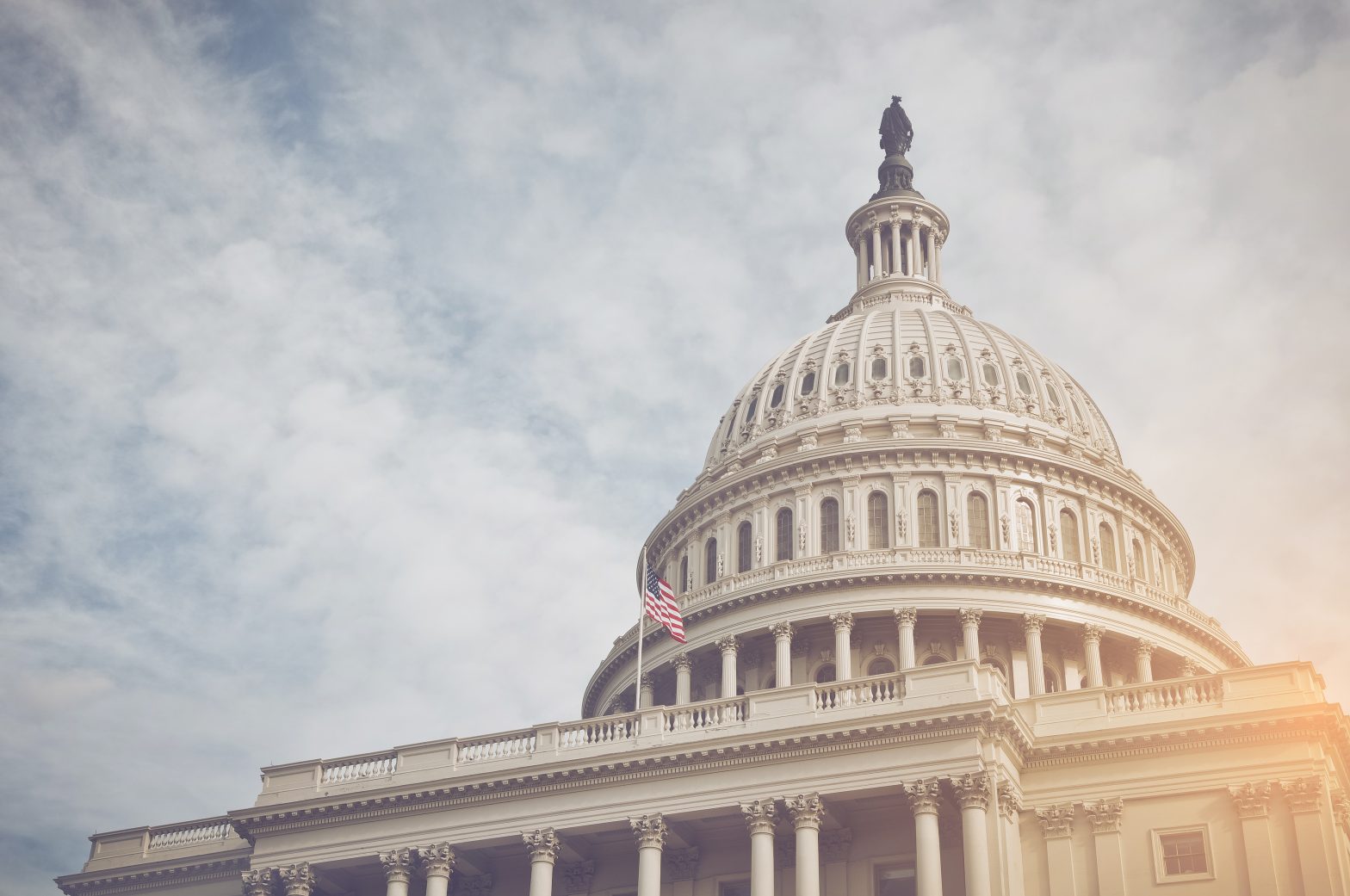Pittsburgh, PA (June 30, 2020) – Today, the U.S. Supreme Court ruled in Espinoza v. Montana Department of Revenue that states which offer financial assistance to private schools cannot exclude religious or parochial schools. The Court found that the Montana Constitution’s “no-aid” provision to a state program providing tuition assistance to parents who send their children to private schools discriminated against religious schools and the families whose children attend or hope to attend them is in violation of the free exercise clause of the U.S. Constitution.
LDA is concerned with the Supreme Court’s decision because the ruling could divert vital resources from public schools that serve 90% of our nation’s students to fund private, mostly religious schools. LDA’s position is that public funds should remain in public schools, including more than 2 million students with specific learning disabilities, the highest proportion category of disabilities under the Individuals with Disabilities Education Act (IDEA). The Court’s decision could lead to the funneling of public education funding to private schools when public education is not fully funded. These efforts reduce available public funds for public education. Additionally, students who use a voucher to attend private schools, unless in the District of Columbia, are not protected by IDEA, Section 504 of the Rehabilitation Act, or the Americans with Disabilities Act. Moreover, if the student has a disability, they are not entitled to Free Appropriate Public Education.
LDA has been involved with the Espinoza case through our support of an amicus (“friend of the court”) brief with 19 other national disability and civil rights organizations. This brief, signed by LDA, focused on the impact of children with disabilities, including learning disabilities, when school vouchers or tax credits are used. The brief focused on issues such as the fact that IDEA does not apply to students in private schools. This means that they are not entitled to an individualized education program (IEP). Click here to read the amicus brief.
Congress must provide assurances that the use of public education funds remain in public schools and adhere to the IDEA, Section 504 of the Rehabilitation Act, and other civil rights laws. Furthermore, LDA believes it is critical for Congress to fully fund the IDEA. When the IDEA was originally passed in 1975, Congress promised to pay 40% of the excess costs of educating children with disabilities. Today the federal contribution is around 15%. This continued low level of federal funding means school districts must use general education funds for special education services, thus shortchanging both students with and without disabilities.
####
MEDIA CONTACT:
Monica McHale-Small, President, president@ldaamerica.org, www.ldaamerica.org
The Learning Disabilities Association of America (LDA) is a non-profit organization of parents, educators, adults with LD, and professionals. LDA’s mission is to create opportunities for success for all individuals affected by learning disabilities through support, education, and advocacy. For more information go to www.ldaamerica.org.



